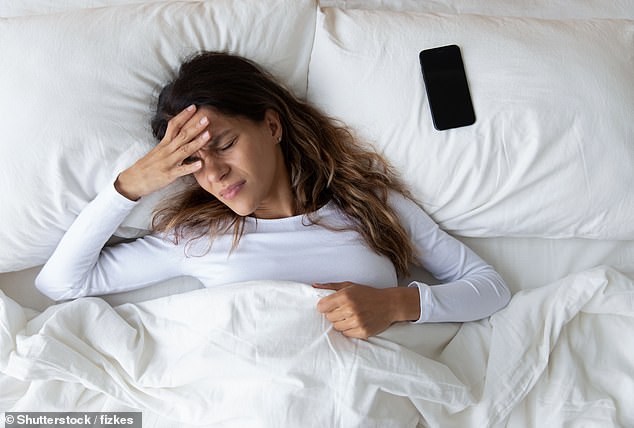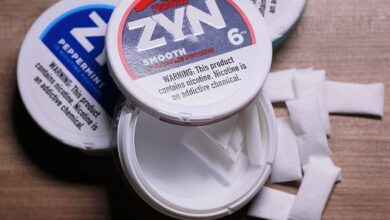Do you wake up at 3am every night? Science guru reveals why so many people do it… and how to fix the problem





If you are a victim of disturbed sleep, you may be in luck. For a science guru believes he may have solved the mystery.
Dave Asprey, an author and longevity influencer, has claimed that fluctuating blood sugar (or glucose) levels are the cause.
A dip in these levels causes the release of the stress hormones cortisol and adrenaline, he said, which wakes you up.
In one Instagram video shared with his 1.1 million followers, Mr Asprey said: ‘For most people who wake up between 3 and 5am and can’t go back to sleep, it’s usually [due to a] drop in your blood sugar level.’
He explained that cortisol and adrenaline cause the release of extra glucose, which, according to experts, is stored in the liver and muscles.
‘But the problem is, cortisol and adrenaline wake you up,” Asprey said. “While the brain gets what it wants, you don’t get any sleep.”
Instead, he recommended that patients eat a “small snack before bed” consisting of “raw honey, collagen, MCT oil, or mix all three together.”
MCT oil is a supplement made up of triglycerides, a type of fat found in coconut oil, palm kernel oil and some dairy products that is easier to digest than other fats.

Dave Asprey, an author and longevity influencer, has claimed that your blood sugar (or glucose) is to blame

In an Instagram video shared with his 1.1 million followers, Mr Asprey said: ‘Most people waking up between 3am and 5am and not being able to go back to sleep is a crash in your blood sugar.

A dip in these levels activates the stress hormone cortisol, he said, which increases glucose and in turn wakes you up
Limited research has suggested that collagen, MCT oil and honey – especially Robinia, clover and unprocessed raw honey – can provide lasting energy without the blood sugar crash that can come from other sources.
Mr. Asprey is a multi-millionaire who made his money in Silicon Valley and is the founder of the Bulletproof coffee food brand.
The biohacker, who boasts of having around six percent body fat, has spent $2 million of his own money researching and testing his limits in an attempt to reverse the aging process.
He is 50, but regularly claims that his “lab tests” say he has a biological age of 39 and that he will live to be 180.
However, research also suggests that chronic stress can increase levels of the hormones cortisol and adrenaline, which affect sleep.
Cortisol is also called the stress hormone, but plays a much more complex role in the body.
According to researchers, there are receptors for the hormone on almost every part of your body the Cleveland Clinic.
So when it enters the bloodstream, it can attach to and affect everything from the immune system and muscles to your hair, skin and nails.

Lack of sleep can lead to obesity, memory loss, diabetes, heart disease, heightened and unstable emotions, reduced learning ability and a reduced immune response, leaving you vulnerable to disease
Experts have long advised that waking up during the night doesn’t necessarily mean you have insomnia. Figures show this affects up to 14 million Britons.
Yet sleep deprivation takes its own toll, from irritability and reduced short-term focus to an increased risk of obesity, heart disease and diabetes.
According to the American Sleep Association, nearly 70 million Americans also have a sleep disorder.
It comes as concerns about the UK’s use of sleeping pills have increased in recent years.
The latest NHS data shows that the number of prescriptions for drugs such as Ambien (zolpidem) and zopiclone has barely changed over the past five years, despite calls for a crackdown on the distribution of powerful hypnotics.
Advocates say they can be a lifeline for those struggling with the pain of insomnia.
But they can be addictive and users can become increasingly dependent on them to sleep.




